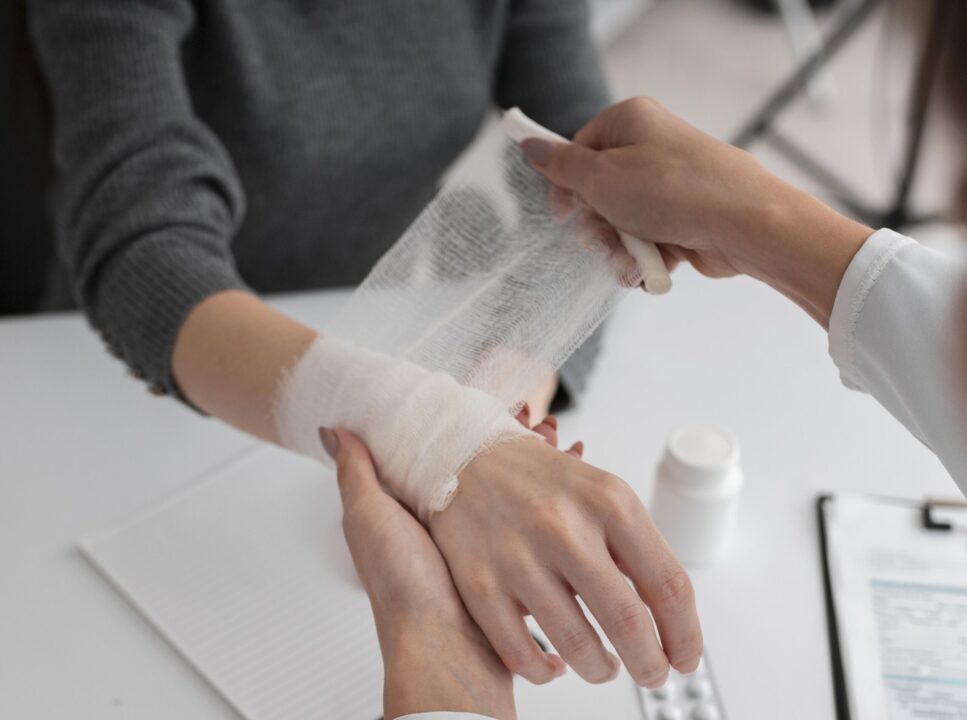When it comes to wound care, choosing the right antiseptic solution is crucial. Antiseptic solutions are used to clean and disinfect wounds, preventing infections from developing. However, with so many options available on the market, it can be difficult to know which one to choose. In this article, we’ll go over some key factors to consider when selecting an antiseptic solution for wound care.
Consider the Type of Wound
The type of wound you’re dealing with will deter your choice of antiseptic solution. For example, if the wound is a minor cut or scrape, a simple rinsing with water with or without antiseptic solution may be sufficient. However, if the wound is more severe, such as a deep cut or puncture, a stronger solution like povidone-iodine and/or octenidine may be necessary.

Consider the Potential for Allergic Reactions
Some people may be allergic to certain antiseptic solutions. For example, iodine-based solutions like povidone-iodine can cause allergic reactions in some people. Before using any antiseptic solution, it’s important to check on the risk for any potential allergic reactions with the doctor prior to use.
Consider the Concentration of the Solution
The concentration of the antiseptic solution can also impact its effectiveness. Generally, higher concentrations will be more effective at killing bacteria and other microorganisms. However, higher concentrations may also be more harsh on the skin and could cause irritation or other adverse reactions.
It’s important to follow the instructions on the label when using any antiseptic solution. This will ensure that you’re using the correct concentration and using the solution in a safe and effective manner.

Consider the Cost
Antiseptic solutions can vary widely in cost, from a few dollars to more than $50 per bottle. While cost shouldn’t be the only factor you consider when selecting an antiseptic solution, it’s important to find an effective solution that fits within your budget.
Keep in mind that more expensive solutions aren’t always better. In some cases, a less expensive solution may be just as effective as a more expensive one. Before making a purchase, be sure to compare the options available and choose the one that suits your wound situation.
Consider the Shelf Life
Finally, it’s important to consider the shelf life of the antiseptic solution. Some solutions may have a longer shelf life than others, which can be important if you don’t plan to use the solution right away. If you’re buying in bulk or stocking up on wound care supplies, it’s especially important to choose a solution with a long shelf life.
Choosing the right antiseptic solution for wound care is an important decision that shouldn’t be taken lightly. By considering factors like the type of wound, potential for allergic reactions, concentration of the solution, cost, and shelf life, you can make an informed decision that will ensure the best possible outcome for your wound care needs. Always remember to follow the instructions on the label and consult with a healthcare professional if you have any questions or concerns.




